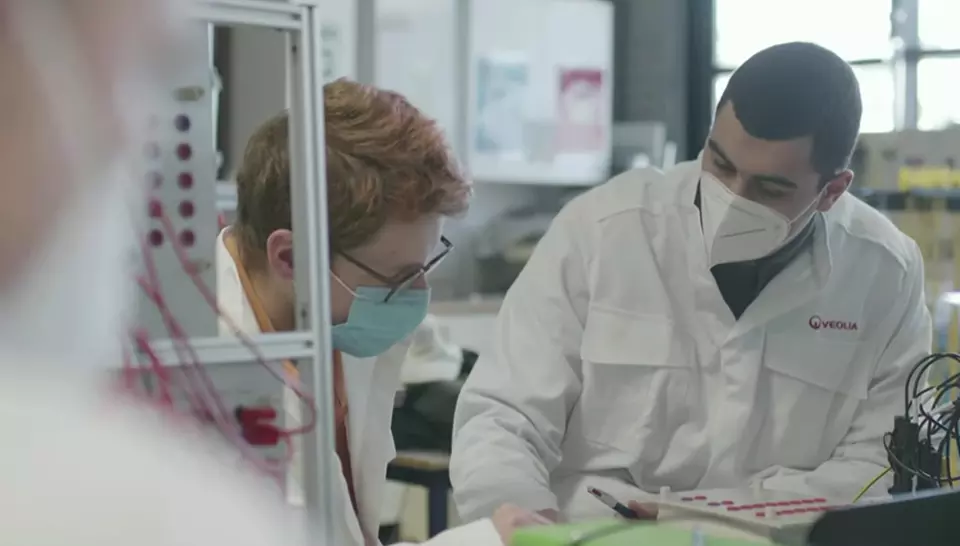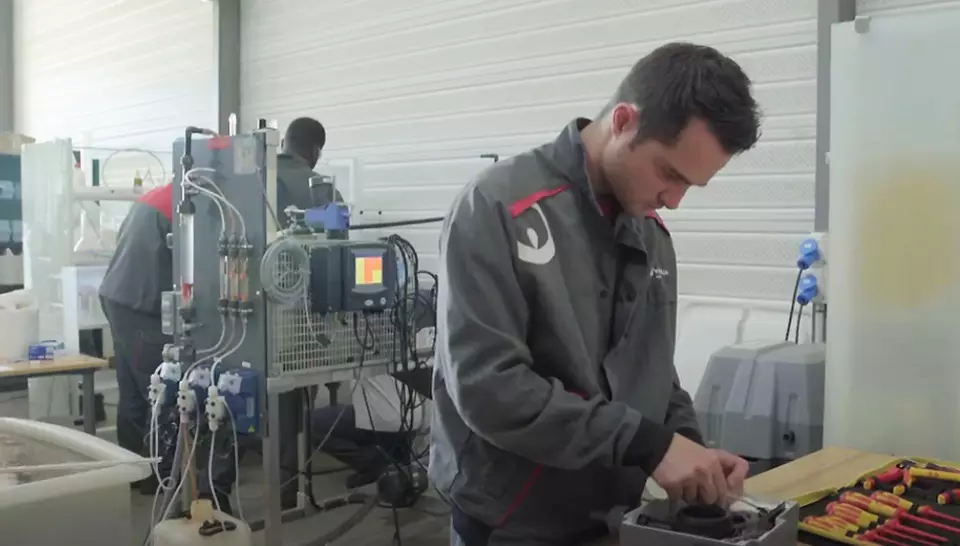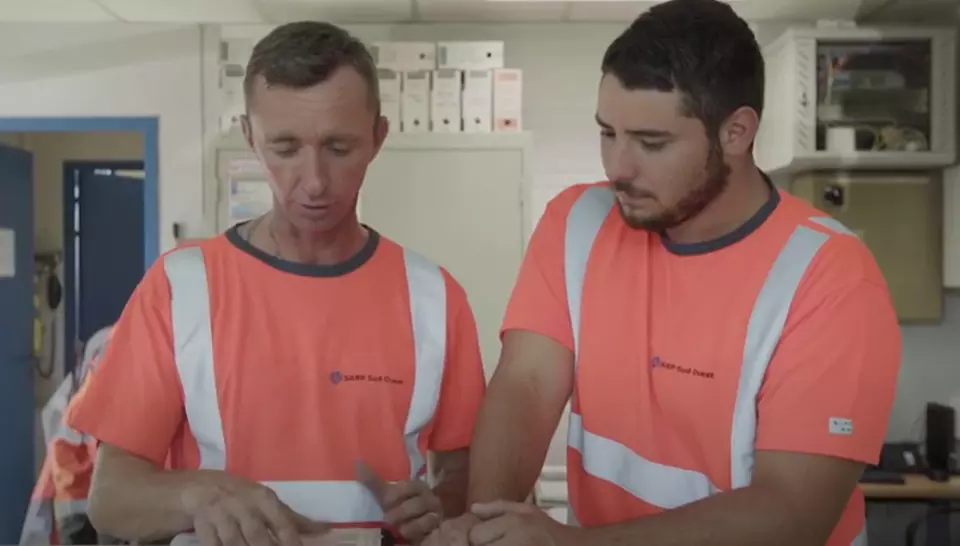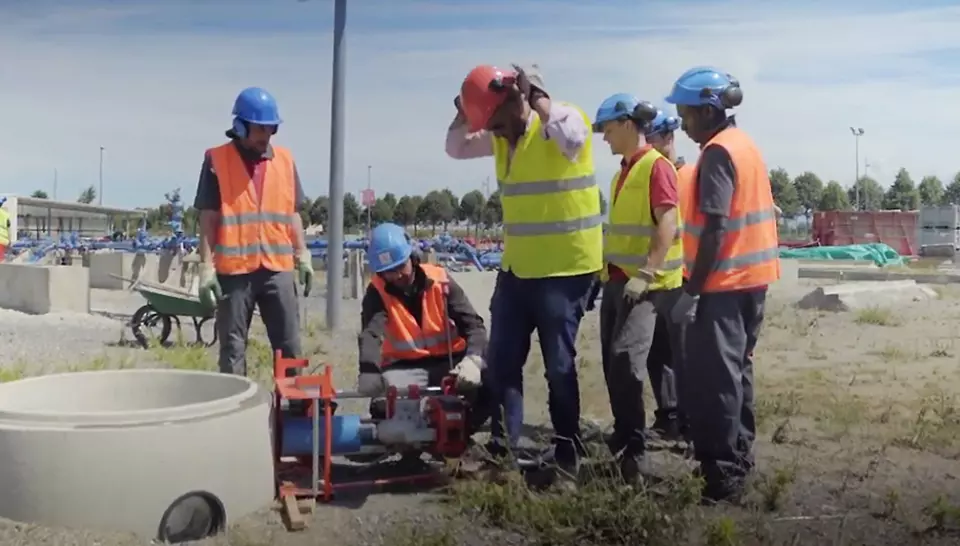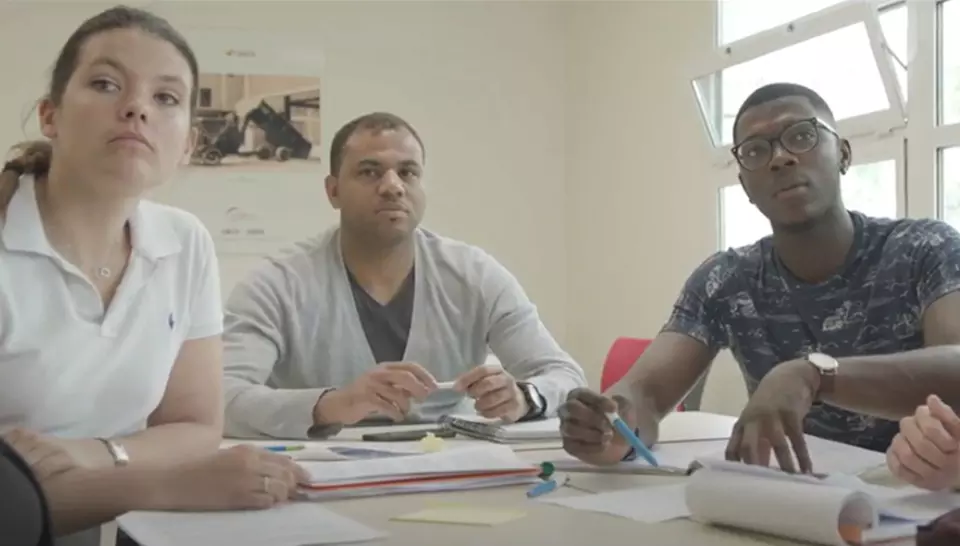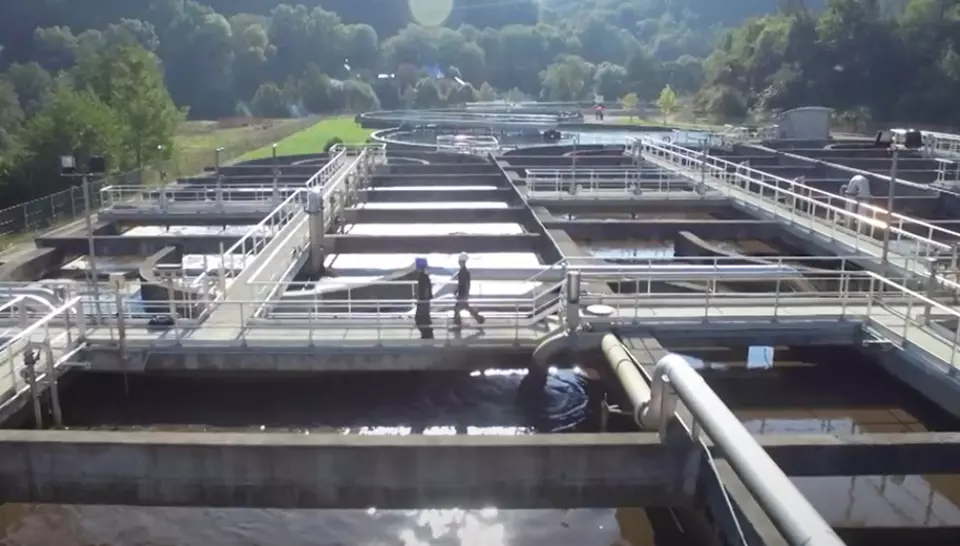Every year, Veolia welcomes 3,000 work-study students worldwide, including 2,000 in France. The company has set a target of 2,500 work-study students in France by 2023, i.e. 5% of its workforce. Work-study programs are a real development challenge for Veolia, as well as for young people particularly hard hit by the Covid-19 pandemic. The programs help to integrate young people into the business world and meet the needs of the Group's shortage of skilled workers. On March 10, Veolia organized a conference on this topic at its Aubervilliers headquarters, which was introduced by Chairman and CEO Antoine Frérot and concluded by Jean-Marie Lambert, Senior Executive Vice-President, Human Resources Veolia.
Work-study programs: a key to the future
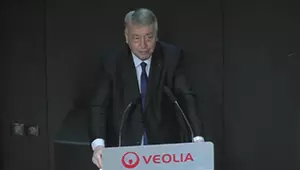
For Antoine Frérot, "Work-study programs, which are in Veolia's DNA, are also its future. It is part of our purpose which mentions skills training, in order to achieve our goal - human progress - and part of developing the skills of future generations. In the context of the Covid 19 crisis, work-study programs are particularly important for two reasons: the difficulty young people have in finding internships and training courses leading to a diploma, and the fact that we are planning to be the benchmark company for ecological transformation tackling the ecological crisis by inventing the jobs of tomorrow."
Work-study programs: a responsibility to the regions
As a historic player for over 25 years, Veolia has set a target of having 2,500 young people in France on work-study programs by 2023, i.e. 5% of its workforce. All the entities in France are working hard to increase their efforts in this respect.
"All our work-study opportunities are listed on the website “1 jeune-1 solution”, a platform launched by the authorities. Other actions are noteworthy, such as training for refugees by RVD, and support for young girls in technical fields to access engineering schools. We need to continue to raise the profile of apprenticeships in order to break down prejudices. More than in other areas, work-study programs make it easier to progress from a vocational training certificate (CAP) to a 5-year university degree," continued Antoine Frérot.
Chaired by Manuèle Lemaire, Head of Work-study Programs and Integration in France, a round table discussion was held with: Didier Courboillet, Executive Vice President, Waste Recycling and Recovery (RVD) in France; Michel Porcel, Human Resources Director for the Water business in France; Grégory Arabi, Human Resources Director for Environmental Maintenance, Industry & Building; Olivier Carlat, Group Director of Training and Social Development.
Water business: the main source of work-study students for the Campuses
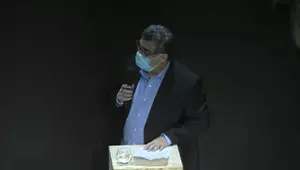
In France, the Water business provides half of the work-study students on Veolia's Campuses.
"In 2019, Veolia Water achieved the 5% target for work-study students. It's a labour of love for managers and HR staff, who every year have to be very inventive. Diversity is also one of our core concerns. The fluidity of the Group's needs and the training courses offered on the various Campuses means that we can adapt training to needs very quickly," stated Michel Porcel, Human Resources Director for the Water business in France.
Work-study programs combine theory and practice
It is becoming increasingly difficult to recruit in the environmental maintenance, industry and construction sectors, which cover a wide range of expertise and profiles.
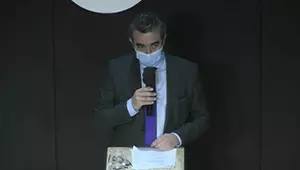
"That's why, in the SARP subsidiary, one out of every two work-study students goes on to be hired, because their work-study training combines theory and practice. We have overall responsibility for young people who are currently experiencing serious difficulties on the job market. Work-study programs are an investment, because some of our students come back to us later on in their careers," explained Grégory Arabi, Human Resources Director for Environmental Maintenance, Industry & Building.
The waste business is changing
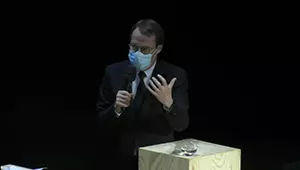
"At RVD, our business is evolving into waste recycling and recovery. The Campuses are helping us to introduce young people with new skills and greater employability into our team so they can move into the jobs of tomorrow," explained Didier Courboillet, Executive Vice President, Waste Recycling & Recovery (RVD), France.
We have to invent the ecological transformation and the jobs of tomorrow
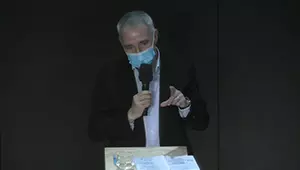
"In the last few years, there has been a change in the way we look at work-study programs. With the development of talent, all universities are developing apprenticeship type courses. We are at a point in time when we need to define the skills required for our future jobs. We have to invent the ecological transformation and the jobs of tomorrow," explained Olivier Carlat, Group Director of Training and Social Development.
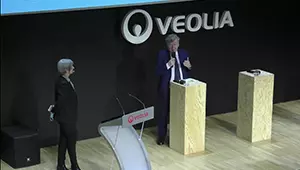
For Jean-Marie Lambert, Senior Executive Vice-President, Human Resources Veolia: "Work-study programs are proof of our commitments. Veolia needs to do more to welcome greater numbers of young people on work-study programs into its workforce through better forward-looking management of our recruitments, and thus transform our work-study students into employees committed to our project."
Work-study programs: Veolia trains Veolia
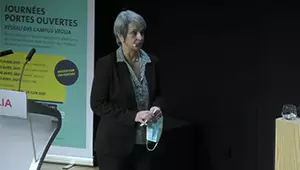
Work-study programs are a means of transmitting the corporate culture and integrating young people:
Over the past three years, the number of work-study students has increased by 19% in France. 18 diploma and degree courses, from vocational training certificates (CAP) to Master's degrees, are offered, with a 92.5% success rate.
"At Veolia Campuses, our trainers are professionals who have become teachers. The reciprocal exchange between the work-study students and their training supervisors is the key to success," said Manuèle Lemaire, Head of Work-study Programs and Integration in France.



